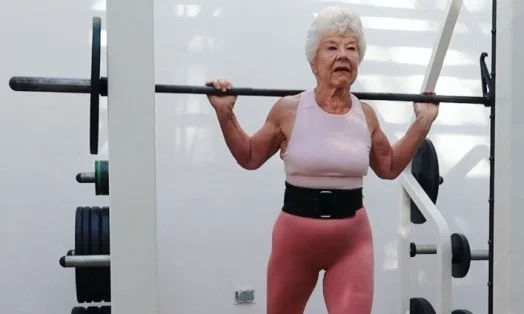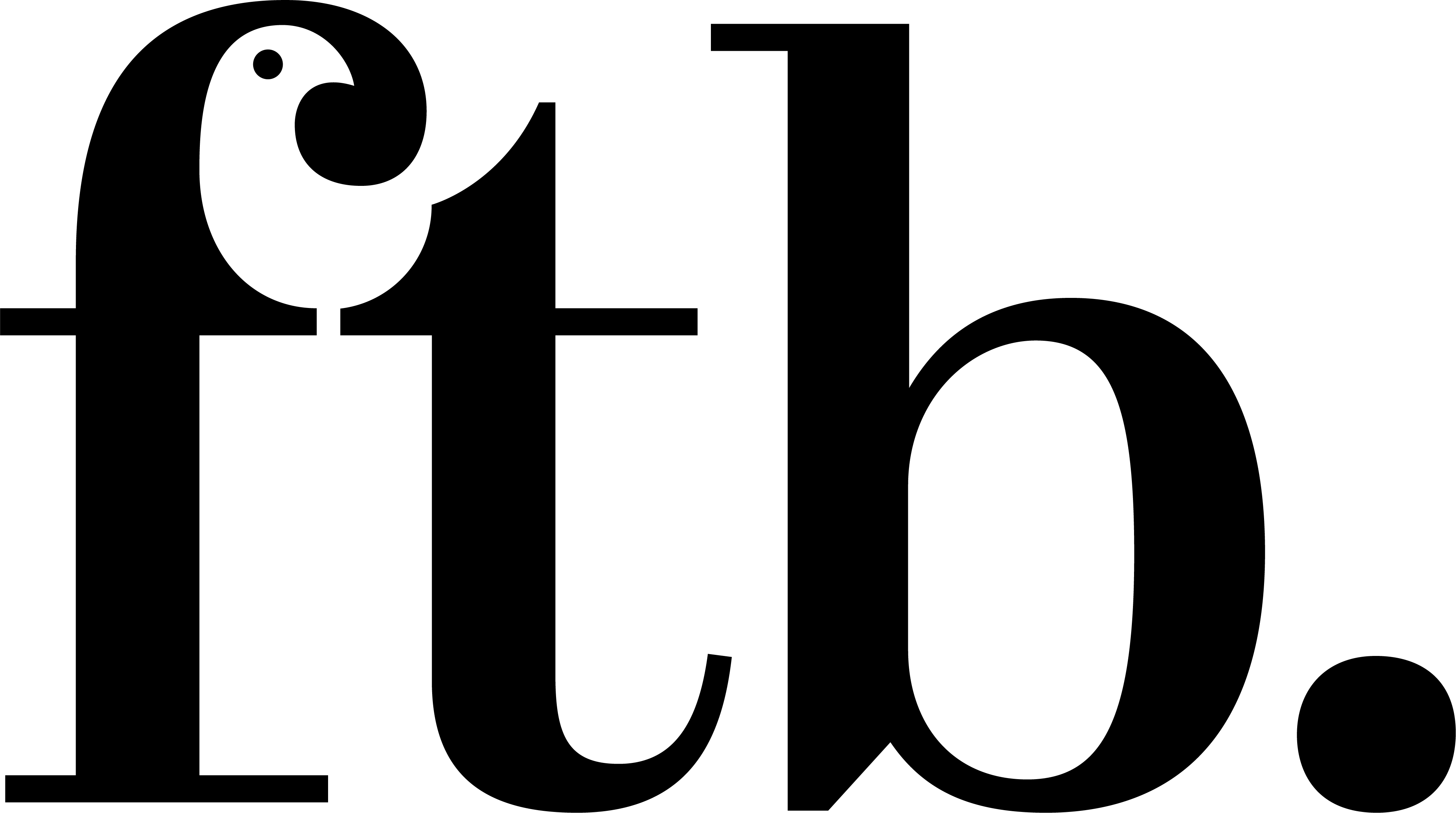With FemTech gaining momentum, women’s health is now moving from niche to mainstream.
This niche lies between two distinct avenues: support in entering older age and female health care. And whilst these are sectors which have seen activity in recent years, the focus in female health care has always been dominated by reproductive health and issues surrounding longevity and old age are broadly generic between men and women. How can the industry pivot to merge these two sectors and create an industry which supports women specifically as they enter and experience later life?
It’s clear our approach to ageing is going through somewhat of a revolution. From the opening of Britain’s first LGBTQ+ retirement village in Vauxhall in 2021 to the imminent (and terrifying) rise of the UK state pension age to 67 by 2028, the way we’re approaching old age is breaking a number of cultural barriers and forging a new path.
The gender health gap, a longstanding barrier, continues to hinder all women’s access to healthcare. Alarmingly, the UK boasts the largest gender health gap in the G20 and ranks 12th globally, a disconcerting reality particularly for post-menopausal women. With the UK’s demographic landscape tilting towards an aging population, it is imperative to focus on how women experience and access healthcare during the post-menopausal phase. More women die of heart disease than any other condition, but one University of Leeds study has found that women with coronary blockages were a staggering 59% more likely to be misdiagnosed than men. And according to one UCL study 90% of post-menopausal women interviewed had received no education at all about the menopause.
Getting older is inevitable but there are changes which can be made to help women age better and support them in this next stage of life.
It is well known that physical activity is the cornerstone of ageing well. People who exercise regularly not only live longer but live better, and with women having a higher risk of obesity, diabetes, and osteoporosis in later years, getting your steps in has never been more important. The Train with Joan app and book combo is the first of its kind and offers the advice and mentorship of the inspirational Joan McDonald who at 76 is the fittest she’s ever been. Her stereotype defying journey into fitness and weightlifting has changed the conversation surrounding how post-menopausal women work out allowing them to embrace a way of exercising which isn’t swim aerobics or competitive knitting…
One of the biggest ways to combat the onset of chronic or life changing illnesses is regular check-ups. With medical tech going mainstream it might be time for brands to begin marketing their more mainstream products to Gen X. And why not? Whilst not as digitally reliant, Gen X is just as tech-savvy as millennials, having emerged into adulthood just as the internet was becoming mainstream. Products like Oura, a monitoring device worn like a ring on the finger is one tool which could revolutionise how women experience post-menopausal life. The ring is designed to track sleep, activity levels, heart rate, respiratory rate, and body temperature, all using one discrete tool. Health trends can be tracked over time, mapping out potentially worrying tendencies. With issues like insomnia, heart disease and diabetes affecting women most prevalently in their 50s and 60s, using a monitoring tool like Oura could change the way women combat these issues.
Modern Age, based in the US, is another organisation with a holistic approach to ageing. Their wellness clinic is specially designed by experts in the field to aid in slowing down the process of ageing. Whilst this might sound slightly dystopian its actually just a more focused approach to health management where certified clinicians help clients to develop a personalised health plan aimed at reaching their age-related health goals. They look at client’s health using blood and bone scans along with cognitive tests to evaluate overall health and find the best options for individuals.





